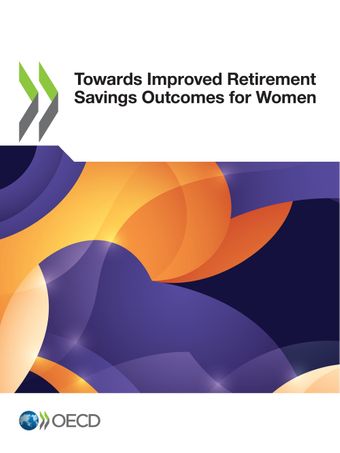Women and Retirement in a Post Covid-19 World
By Margaret Claire Dale, Susan St John Women on average live longer than men and are more likely to live alone or be widowed. In spite of their greater needs, they are more likely to arrive at retirement without secure housing, to have saved less because of caring duties and lower wages, and thus to experience greatly restricted lifestyles in retirement. They are more likely to require expensive end of life care for longer than men on average and endure...










